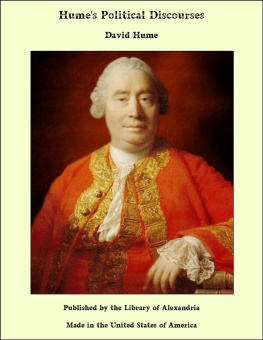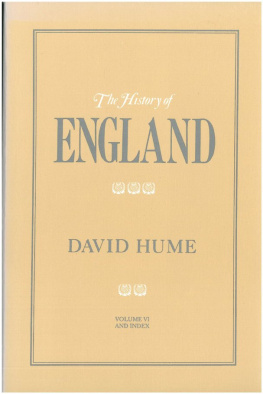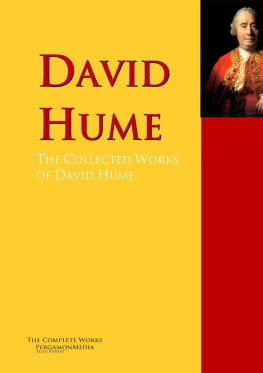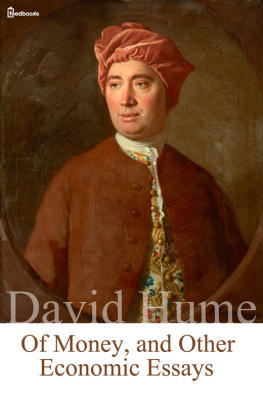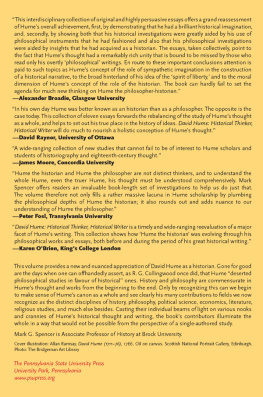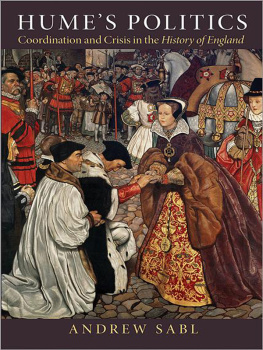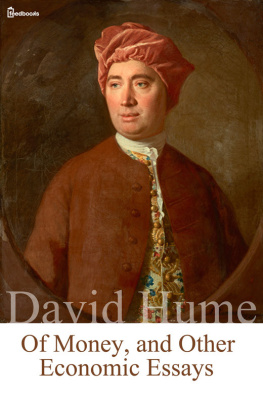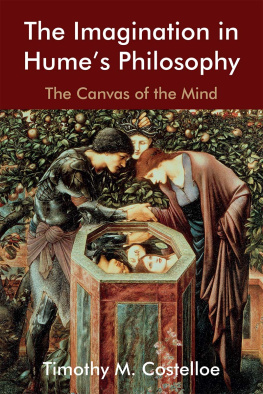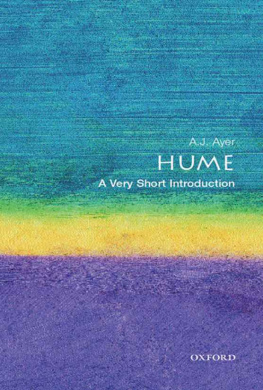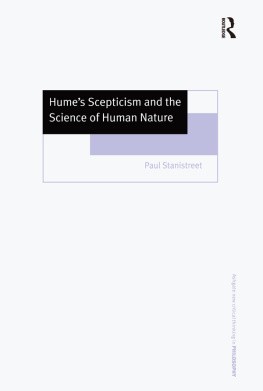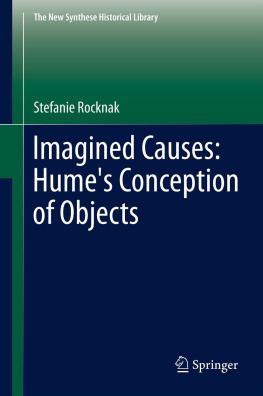@media all { body { margin: 0.5em; padding: 0; font-size: 100%; } div, p { max-height: none; } .xxpn { position: static; } .section { margin: 0 auto; } }
The Scott Library: Humes Political Discourses, by David Hume. Edited, with an Introduction by William Bell Robertson.
INTRODUCTION.
Regretting the meagre records of the life of Adam Smith, the Right Hon. R. B. Haldane, M.P., remarks:We think of him, in the main, and we think of him rightly, as the bosom friend of David Hume (b. 1711, d. 1777). Naturally, incidents in the life of a philosopher are neither numerous nor stirring. It is unreasonable to expect them, and such stories as are handed down regarding great thinkers are best not to be accepted unreservedly. I leave Hume, therefore, to present his own picture as drawn in My own Lifethe picture he wished posterity to havewhich consequently follows this introduction, and is itself followed by Adam Smiths celebrated letter to Mr. Strahan, Humes publisher, giving an account of Humes death.
It is chiefly as a political economist that Hume concerns us here, as it is in the Political Discourses, first published in 1752, his economic principles are set forth. What the reader may expect to find in these Discourses I prefer to let writers of renown tell. Thus Lord Brougham
Of the Political Discourses it would be difficult to speak in terms of too great commendation. They combine almost every {p-viii} excellence which can belong to such a performance. The reasoning is clear, and unencumbered with more words or more illustrations than are necessary for bringing out the doctrines. The learning is extensive, accurate, and profound, not only as to systems of philosophy, but as to history, whether modern or ancient.... The great merit, however, of these Discourses is their originality, and the new system of politics and political economy which they unfold. Mr. Hume is, beyond all doubt, the author of the modern doctrines which now rule the world of science, which are to a great extent the guide of practical statesmen, and are only prevented from being applied in their fullest extent to the affairs of nations by the clashing interests and the ignorant prejudices of certain powerful classes.
Thus, again, J. Hill Burton, Humes biographer
These Discourses are in truth the cradle of political economy; and much as that science has been investigated and expounded in later times, these earliest, shortest, and simplest developments of its principles are still read with delight even by those who are masters of all the literature of this great subject. But they possess a quality which more elaborate economists have striven after in vain, in being a pleasing object of study not only to the initiated, but to the ordinary popular reader, and of being admitted as just and true by many who cannot or will not understand the views of later writers on political economy. They have thus the rarely conjoined merit that, as they were the first to direct the way to the true sources of this department of knowledge, those who have gone farther, instead of superseding them, have in the general case confirmed their accuracy.
The Discourses, in Humes own words, was the only work of mine that was successful on the first publication, and its success was great. Translated into French immediately, they conferred, says Professor Huxley, a European reputation upon their {p-ix} author; and, what was more to the purpose, influenced the later school of economists of the eighteenth century. On the same head Burton saysAs no Frenchman had previously approached the subject of political economy with a philosophical pen, this little book was a main instrument, either by causing assent or provoking controversy, in producing the host of French works published between the time of its translation and the publication of Smiths Wealth of Nations in 1776. The work of the elder Mirabeau in particularLami des Hommeswas in a great measure a controversial examination of Humes opinions on population.
Professor Knight of St. Andrews, again, echoes similar sentiments.
The merit of the Discourses, he remarks, is not only great, but they are unrivalled to this day; and it is not too much to affirm that they prepared the way for all the subsequent economic literature of England, including the Wealth of Nations, in which Smith laid down the broad and durable foundations of the science.... The effect produced by these Discourses was great. Immediately translated into French, they passed through five editions in fourteen years. They were a distinctive addition to English literature, and were strictly scientific, though not technical. They at once floated Hume into fame, bringing him to the front, both as a thinker and as a man of letters; and posterity has ratified this judgment of the hour.... They contain many original germs of economic truth. The effect they had on practical statesmen, such as Pitt, must not be overlooked. It was perhaps an advantage that the economic doctrines, both of Hume and Smith, were published at that particular time, as they led naturally and easily to several reforms, without being developed to extremes, as was subsequently the case in France.
All this testimony as to the merits of the {p-x} Discoursestestimony from men of widely divergent viewsis sufficient justification for offering them in popular form to the public at a time like the present, when the foundations of political economy are, one might say, being re-laid.
We have already hinted at the friendship that existed between Hume and Adam Smith. Hume was Smiths senior by twelve years, and seems to have had the latter brought under his notice by Hutcheson, Professor of Moral Philosophy at Glasgow University. In a letter to Hutcheson, dated March 4th, 1740, he saysMy bookseller has sent to Mr. Smith a copy of my book, which I hope he has received as well as your letter. The Smith here mentioned, Burton says, we may fairly conclude, notwithstanding the universality of the name, to be Adam Smith, who was then a student in the University of Glasgow, and not quite seventeen years old. It may be inferred that Hutcheson had mentioned Smith as a person on whom it would serve some good purpose to bestow a copy of the Treatise; and we have here evidently the first introduction to each others notice of two friends, of whom it can be said there was no third person writing the English language during the same period who has had so much influence upon the opinions of mankind as either of these two men. {p-xi}
Humes influence upon Adam Smith was great. Even in the ring of the phraseology of the

